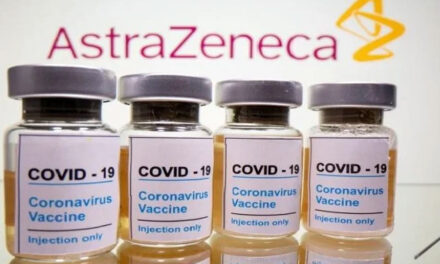
Receiving a cancer diagnosis can significantly raise a young woman’s risk of infertility. Research has unveiled the positive impact of adopting a healthy diet, which includes whole grains, fruits, vegetables, and healthy fatty acids, on fertility and cancer survivorship. However, it’s disheartening that more than 90 percent of young adult cancer survivors do not adhere to these dietary recommendations, often opting for high-fat, low-fruit-and-vegetable diets.
Researchers from Drexel University’s College of Nursing and Health Professions embarked on a study to explore the challenges and potential strategies for promoting healthy eating habits among female cancer survivors grappling with fertility issues. Published in Integrative Cancer Therapies, this research involved in-depth interviews with young female cancer survivors facing fertility challenges to gather insights into their dietary habits and guide the development of dietary interventions tailored to this population.
Brandy-Joe Milliron, PhD, an associate professor in the College and the study’s corresponding author, noted, “Clearly, barriers exist for these young women who are unable to meet healthy dietary recommendations. Yet, to date, no study has investigated nutrition-related barriers to female cancer survivors experiencing fertility challenges.”
In addition to the interviews, 20 female cancer survivors of reproductive age provided three 24-hour dietary recalls, reporting on their food and beverage consumption from the previous day. These dietary recalls were evaluated against the Healthy Eating Index (2015) and adherence to the Dietary Guidelines for Americans. Subsequently, some participants engaged in focus group discussions to ensure the accuracy of their perspectives.
The study revealed that, overall, women in the research had poor-quality diets. Four primary barriers to adopting a healthy diet emerged from the data: the challenges posed by work-life balance, fatigue related to cancer treatment, and dietary guidance that, if available, was often too inflexible to follow. Additionally, participants faced a lack of nutrition resources and minimal guidance customized to their specific needs during treatment and post-treatment life.
Despite these obstacles, the research team identified several factors that facilitated healthy eating, particularly among participants with higher-quality diets. These included building trust between patients and healthcare providers, recognizing a strong motivation to improve nutrition-related behaviors, and understanding the additional benefits of proper nutrition and a healthy diet.
The research team emphasized that these findings may not be universally applicable, and future research should delve into the distinct nutrition- and wellness-related requirements of young female cancer survivors across various racial and ethnic backgrounds, educational levels, socioeconomic statuses, and cancer types and treatments. They recommended that nutrition programs and interventions for female cancer survivors incorporate evidence-based strategies and tools such as motivational interviewing, self-monitoring, and social support. Customized interventions should also accommodate women’s work schedules to enhance adherence, and culinary education resources may boost survivors’ confidence in cooking while helping manage motivation and fatigue.
Brandy-Joe Milliron concluded, “Nutrition interventions aiming to bolster fertility treatment can be optimized by acknowledging and addressing barriers and facilitators during the development phase.”












